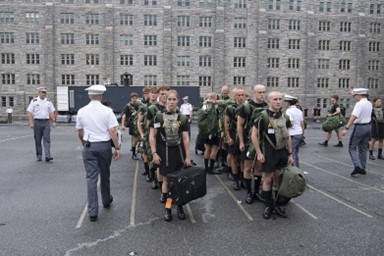
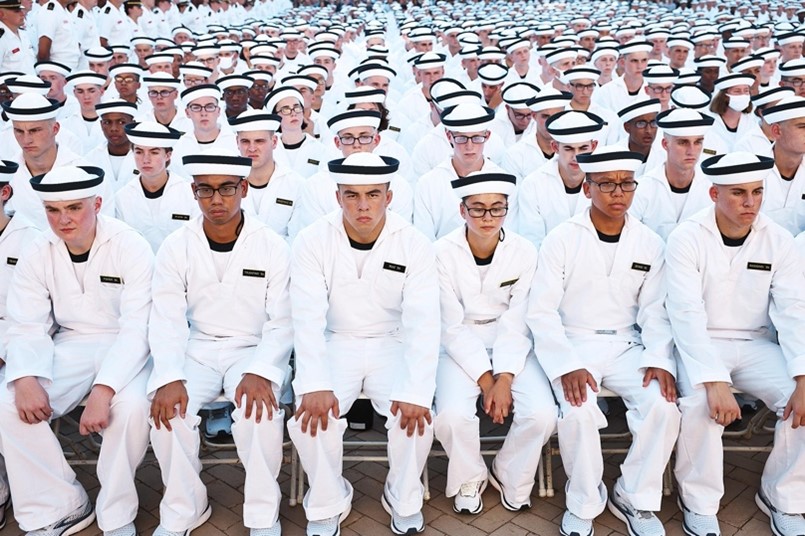
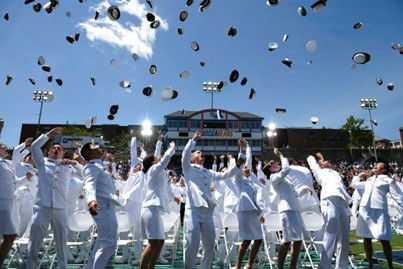
Attending a Military Service Academy represents a transformative educational experience that prepares men and women to lead in the Army, Air Force, Navy, Marine Corps, Space Force and Coast Guard. These institutions provide a unique blend of rigorous academics, leadership training, character development and military experience. In this article, Christopher B. Shaw discusses the invaluable benefits that cadets and midshipman can gain from their time at a Military Service Academy which ultimately shapes them into exceptional leaders.
Leadership Development: Forging Tomorrow’s Leaders
Immersive Leadership Training
Military Service Academies are renowned for their immersive leadership programs. Midshipman and cadets are exposed to a structured environment where they learn to lead by example, foster teamwork, and make critical decisions under pressure. These experiences lay the foundation for the development of strong and capable leaders.
Mentorship and Role Models
Being surrounded by experienced military professionals and faculty members offers students invaluable mentorship opportunities. They have access to seasoned combat leaders who provide guidance, share their experiences, and instill essential leadership principles.
Academic Excellence: A Foundation of Knowledge and Skill
Rigorous Curriculum
Military Service Academies boast academically rigorous programs that encompass a broad range of disciplines, including mathematics, science, engineering, humanities, and leadership studies. The emphasis on academic excellence prepares students for the intellectual challenges they will face in their military careers.
Cutting-Edge Facilities and Resources
Midshipman and cadets benefit from state-of-the-art facilities, cutting-edge technology, and extensive resources. These institutions are equipped with modern cyber operations centers, laboratories, libraries, and research centers, ensuring that students have access to the tools necessary to excel in their studies.
Character Development: Fostering Integrity and Honor
Emphasis on Ethical Conduct
Integrity and honor are core values instilled in students from day one. Military Service Academies cultivate a culture of ethical behavior, emphasizing the importance of honesty, accountability, and respect for others.
Physical and Mental Resilience
Cadets and midshipman undergo rigorous physical training and mental conditioning to develop resilience and fortitude. These experiences build mental toughness and physical stamina, enabling them to overcome challenges in their military careers.
Career Opportunities: A Launchpad for Success
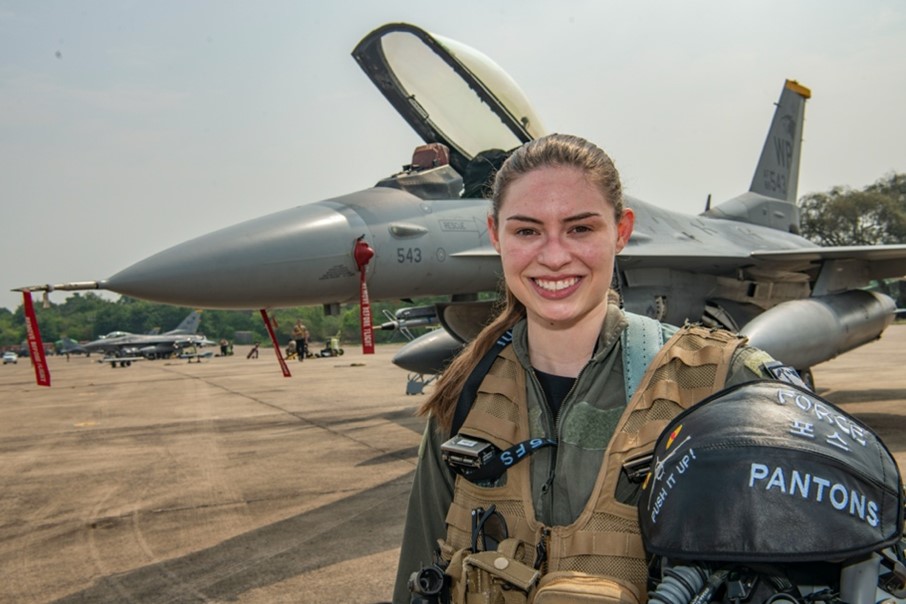
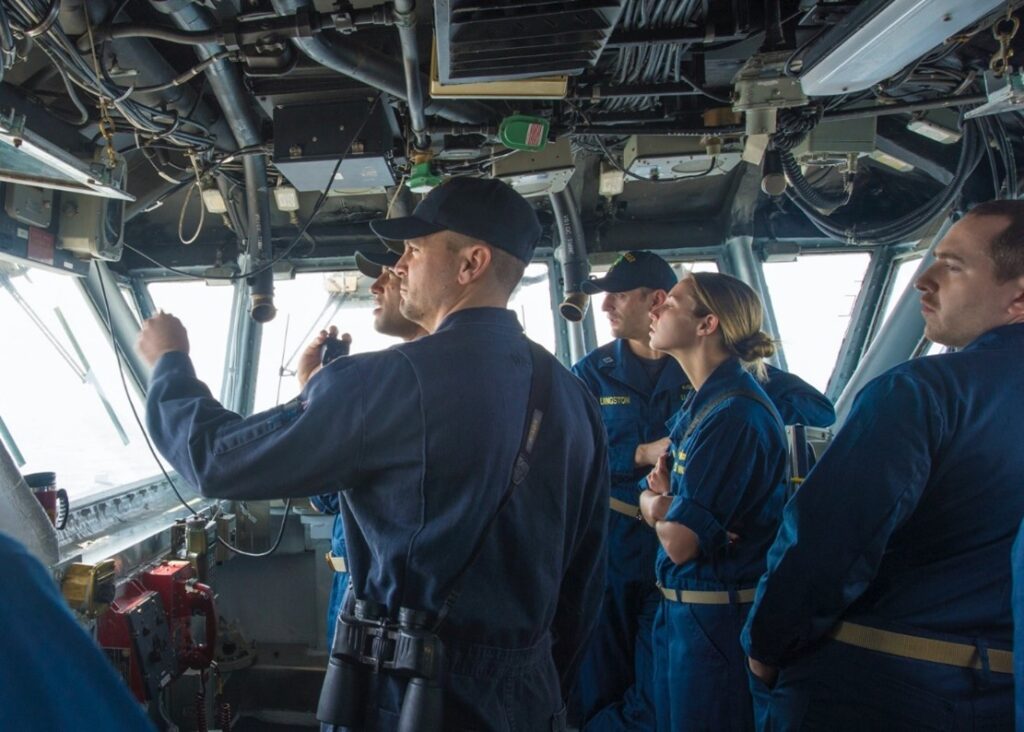
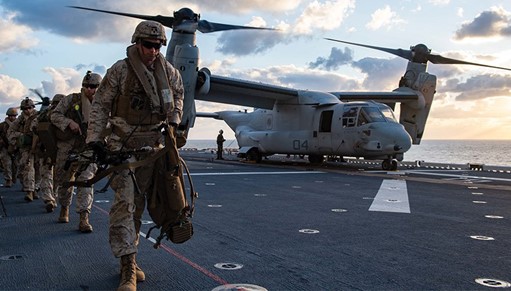
Commissioning as Officers
Upon graduation, students serve as commissioned officers in the respective branches of the military. This distinction marks the beginning of their professional careers, where they assume leadership roles and make meaningful contributions to their chosen service branch.
Diverse Career Paths
Military Service Academies offer a multitude of career paths within the armed forces. Whether in the Army, Navy, Air Force, Marine Corps, Coast Guard, or Space Force, graduates can specialize in a wide array of fields, from engineering and aviation to healthcare and intelligence. Graduates will fly fighter planes and helicopters, drive nuclear powered submarines and ships, lead Marine and SEAL warriors or conduct offensive and defense cyber operations in defense of the United States.
Conclusion: Transformative Education for Future Leaders
Attending a Military Service Academy is an unparalleled opportunity for young individuals aspiring to serve their country with distinction. The combination of leadership development, academic excellence, character building, and promising career prospects makes these institutions a springboard for success in the military. Through their experiences at a Military Service Academy, students not only receive a world-class education but also emerge as principled leaders ready to take on the challenges of an honorable military career.

